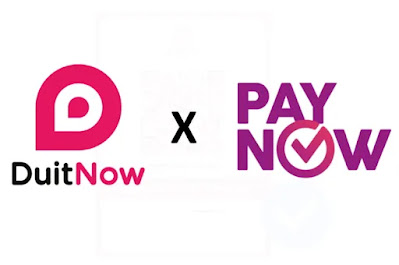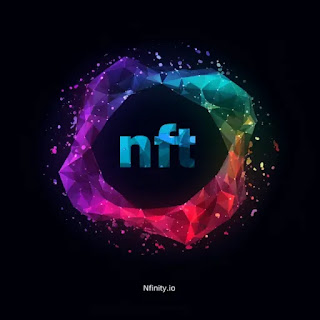Netflix is making moves to add value for current subscribers and better monetize its existing membership base. The company recently rolled out paid account sharing and ad-supported tiers, as it aims to grow its subscriber base and stay ahead of the competition.
In Q1 of 2023, Netflix added 1.8 million new subscribers, a significant improvement from the comparable period in 2022, when the company shed 200,000 subscribers. This growth is largely attributed to the company’s efforts to provide more value for its subscribers.
By offering paid account sharing, Netflix is allowing its subscribers to share their accounts with friends and family for a fee, while also better controlling access to its content. Meanwhile, the addition of ad-supported tiers provides another option for viewers who want to access content at a lower price point.
According to CFO Spencer Neumann, there is a huge market opportunity for Netflix. There are over 1 billion broadband households and roughly 450 million to 500 million connected TV households, while Netflix has roughly 230 million paying members as of now. This suggests that there is still room for significant growth in the streaming market.
While Netflix’s moves to add value for its subscribers are commendable, the company also faces challenges in maintaining the quality and relevance of its content offerings. With increasing competition from other streaming services and the ever-changing tastes of viewers, Netflix will need to continue to innovate and evolve in order to remain a leader in the industry.









